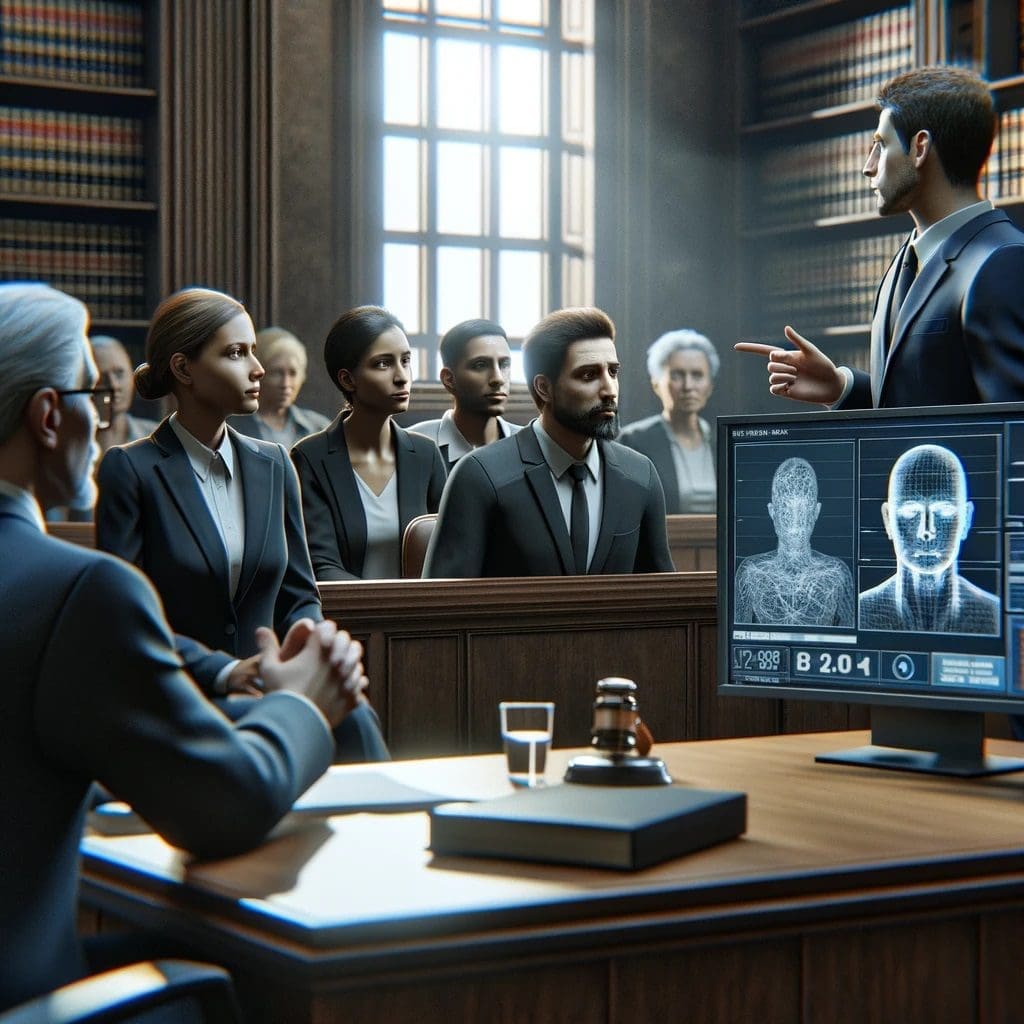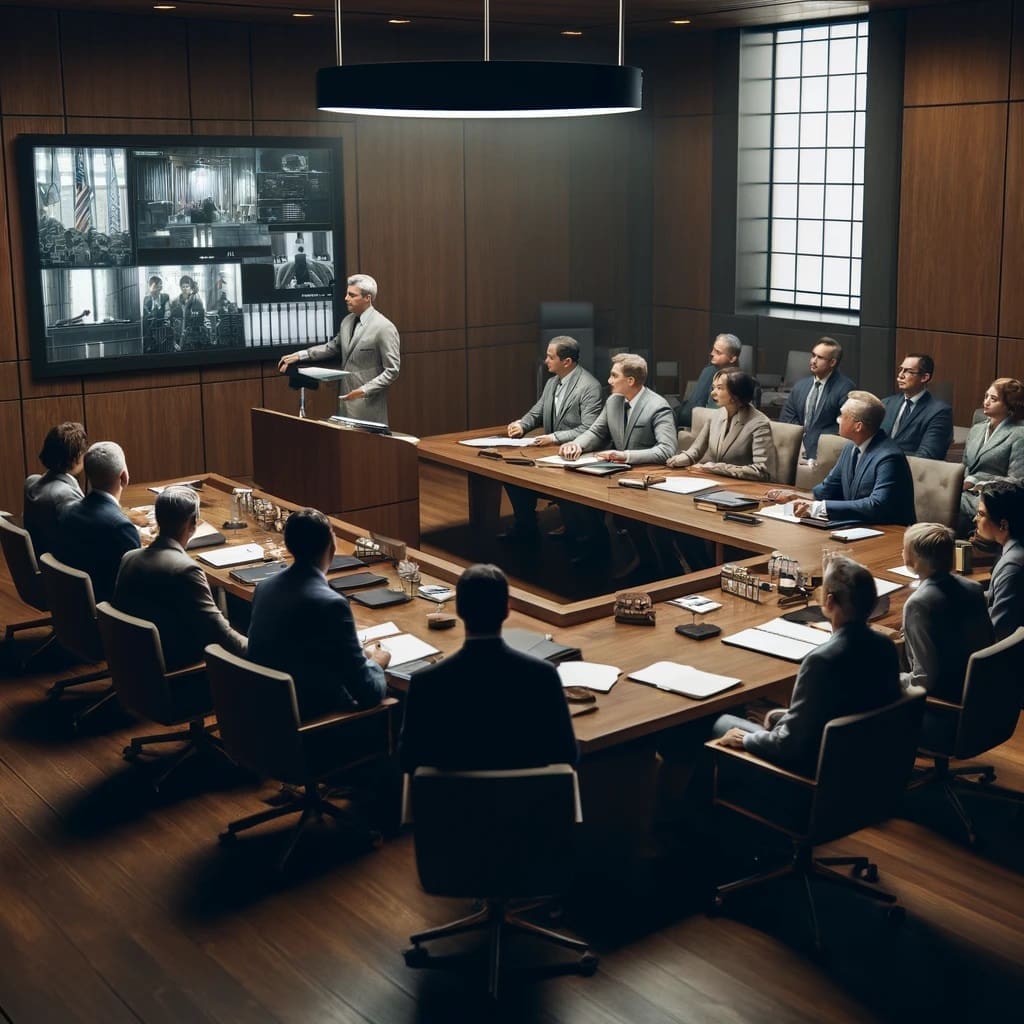Criminal Contempt

Decoding Criminal Contempt: Legal Strategies and Courtroom Conduct
Introduction
Criminal contempt, a serious legal matter, requires a nuanced understanding of courtroom procedures, individual rights, and the consequences of contemptuous actions. This comprehensive guide explores the legal implications of criminal contempt charges and offers insights into effective defense strategies.
Legal Definition and Types of Criminal Contempt
Criminal contempt is broadly defined as behavior that disrupts court proceedings, undermines the authority of the court, or disrespects judicial orders. It can be categorized into two main types: direct and indirect contempt.
Direct contempt typically occurs within the presence of the court and is addressed immediately by the judge. It may involve disruptions, disrespectful conduct, or disobedience of court orders during ongoing proceedings.
Indirect contempt, on the other hand, occurs outside the courtroom, often through actions such as publishing defamatory statements about the court or violating court orders issued outside the courtroom. Understanding these distinctions is crucial for individuals facing contempt charges.
Consequences and Legal Risks
The consequences of criminal contempt can be severe and may include fines, imprisonment, or both. It is essential to recognize the gravity of these charges and the potential impact on one’s personal and professional life.
Legal risks associated with contempt charges go beyond the immediate penalties. They can tarnish one’s reputation, affect employment opportunities, and even lead to the loss of certain civil rights. Therefore, it is crucial to approach any contempt allegations with utmost seriousness and a clear legal strategy.
Defense Strategies in Criminal Contempt Cases
Mounting a robust defense in criminal contempt cases requires a deep understanding of the legal system and the specific circumstances surrounding the alleged contemptuous behavior. Some common defense strategies include:
- Lack of Intent: Demonstrating that the actions were not intentional acts of contempt, but rather the result of misunderstanding or inadvertence.
- Procedural Defenses: Challenging the procedural aspects of the contempt proceedings, such as the validity of court orders or the proper conduct of the contempt hearing.
- First Amendment Rights: In cases where contempt arises from speech or expression, asserting First Amendment rights and the protection of free speech can be a valid defense.
Role of Legal Counsel
Seeking legal counsel is critical when facing criminal contempt charges. Experienced attorneys can guide defendants through the complexities of the legal process, protect their rights, and develop effective defense strategies tailored to the specific circumstances of the case.
Conclusion
Criminal contempt charges demand a thorough understanding of legal procedures, courtroom decorum, and the potential consequences of contemptuous actions. This guide aims to provide readers with essential insights into the legal aspects of criminal contempt and strategies for effectively addressing such charges.




